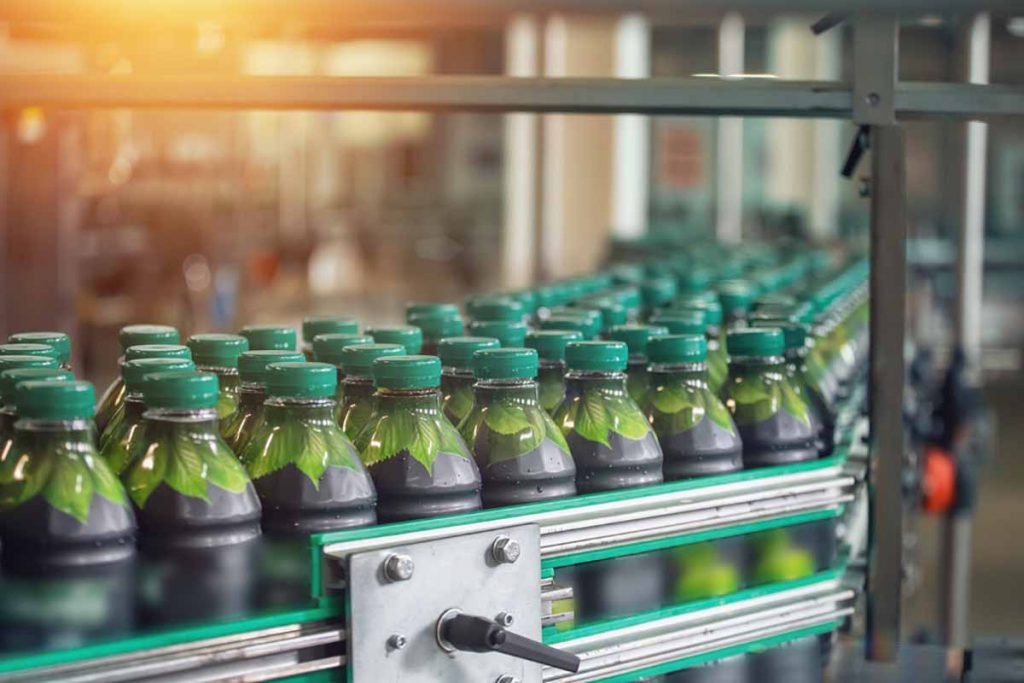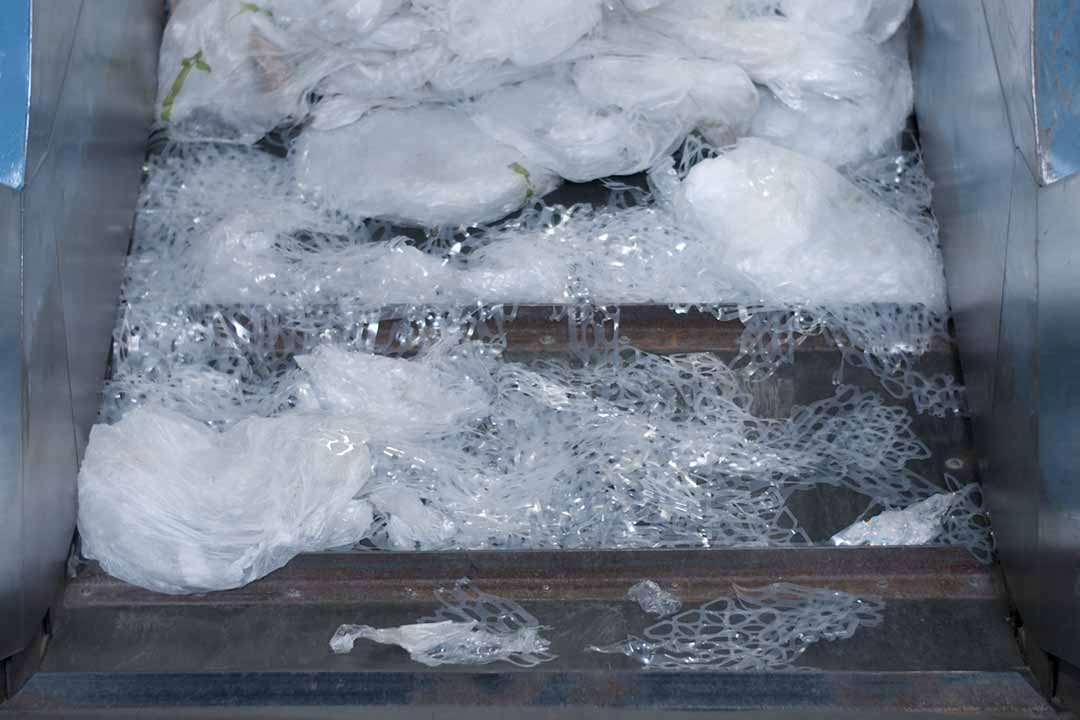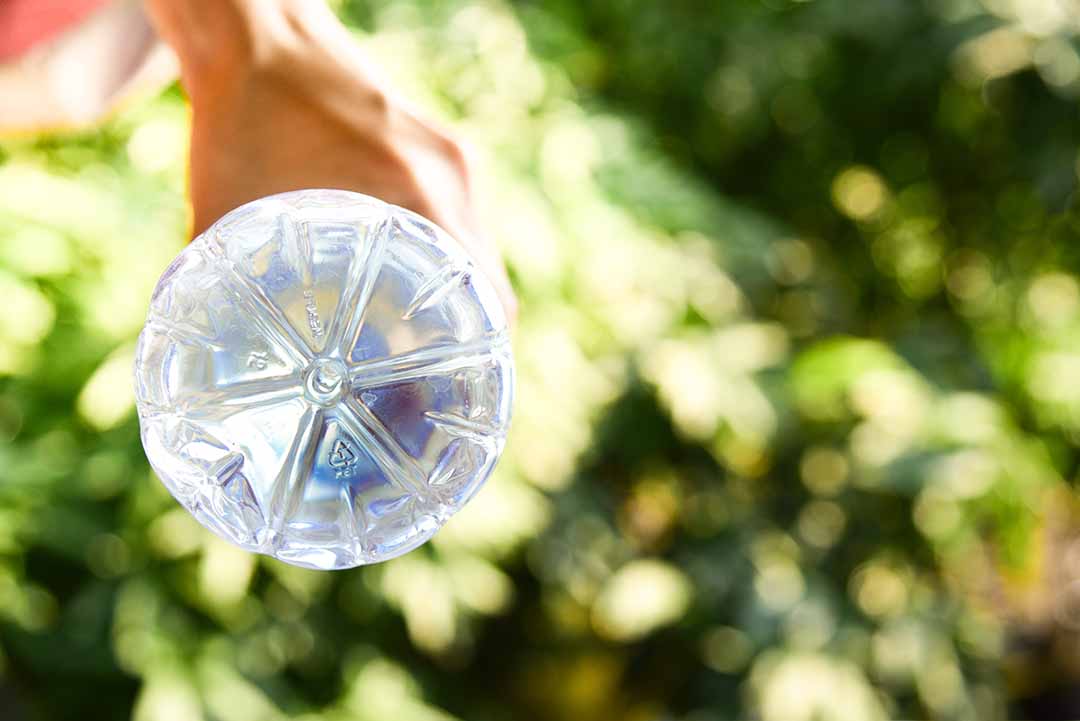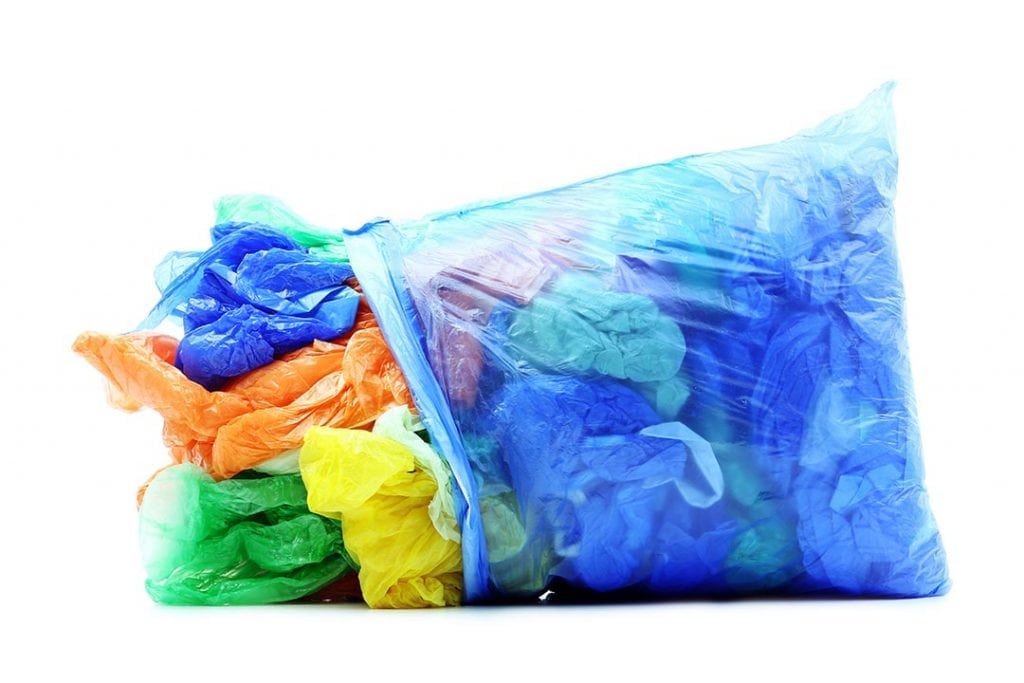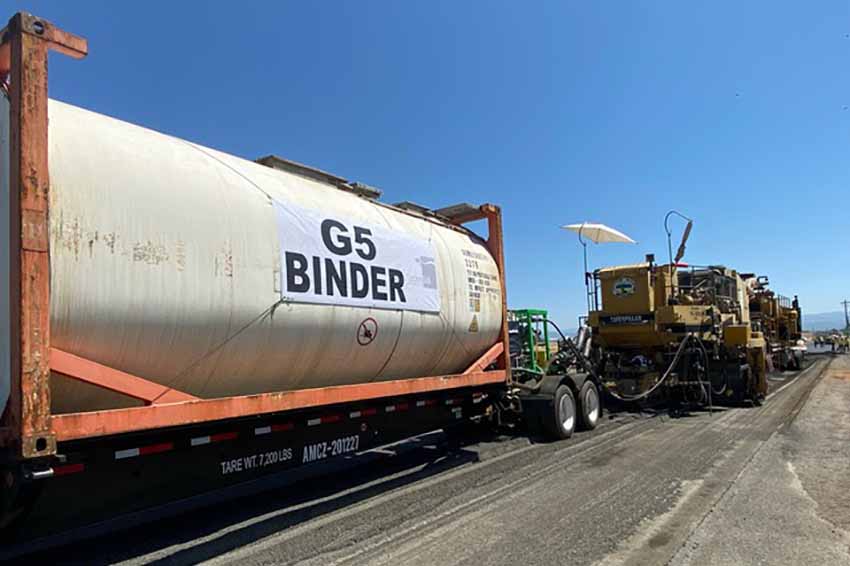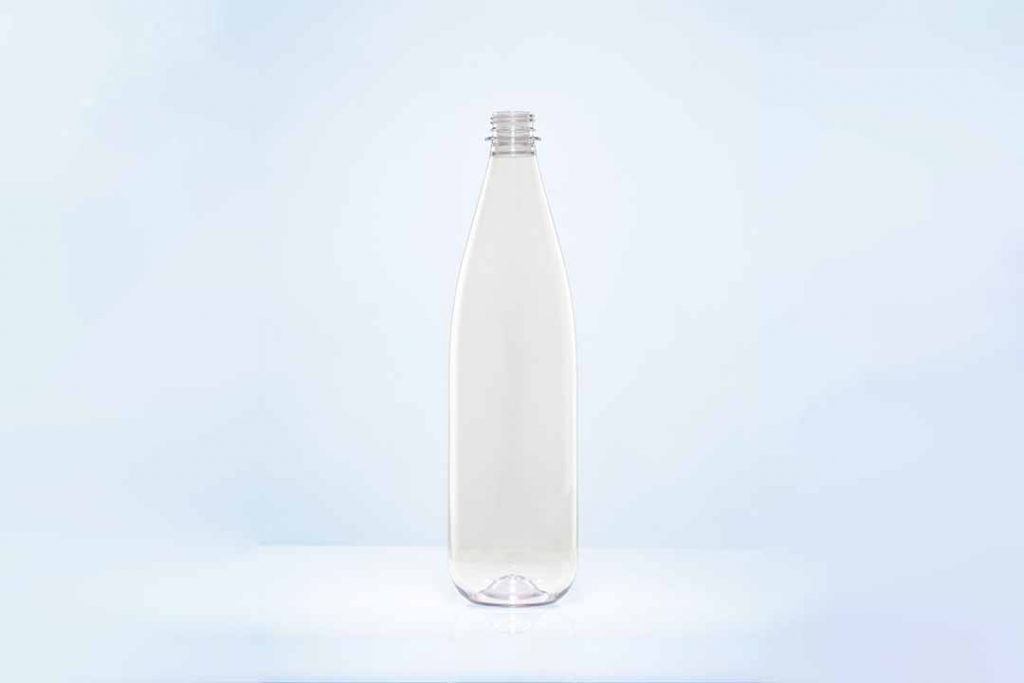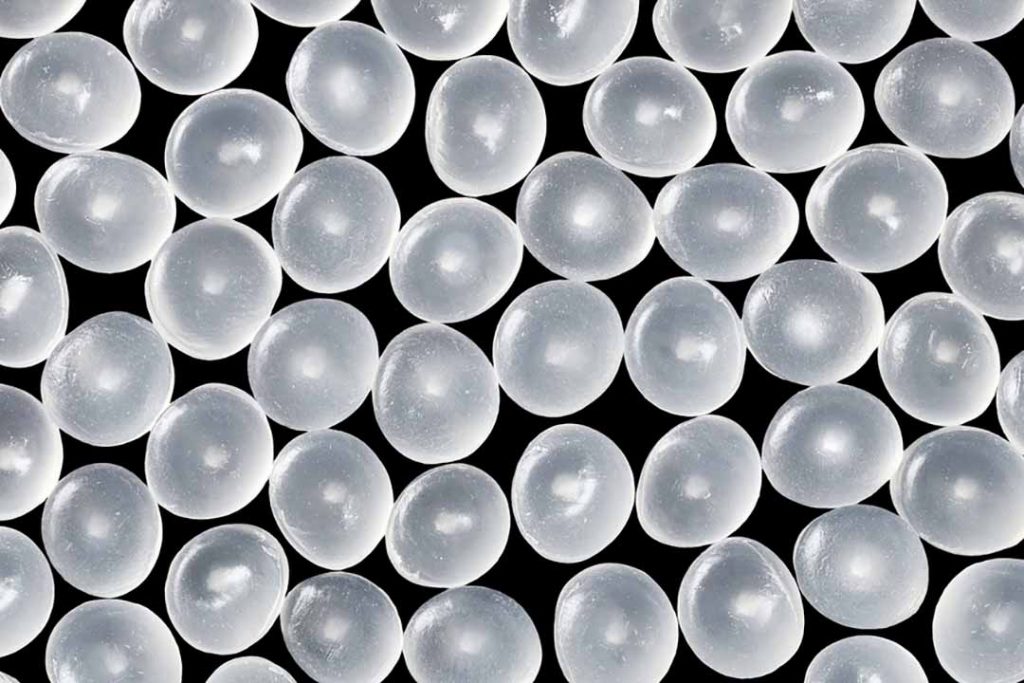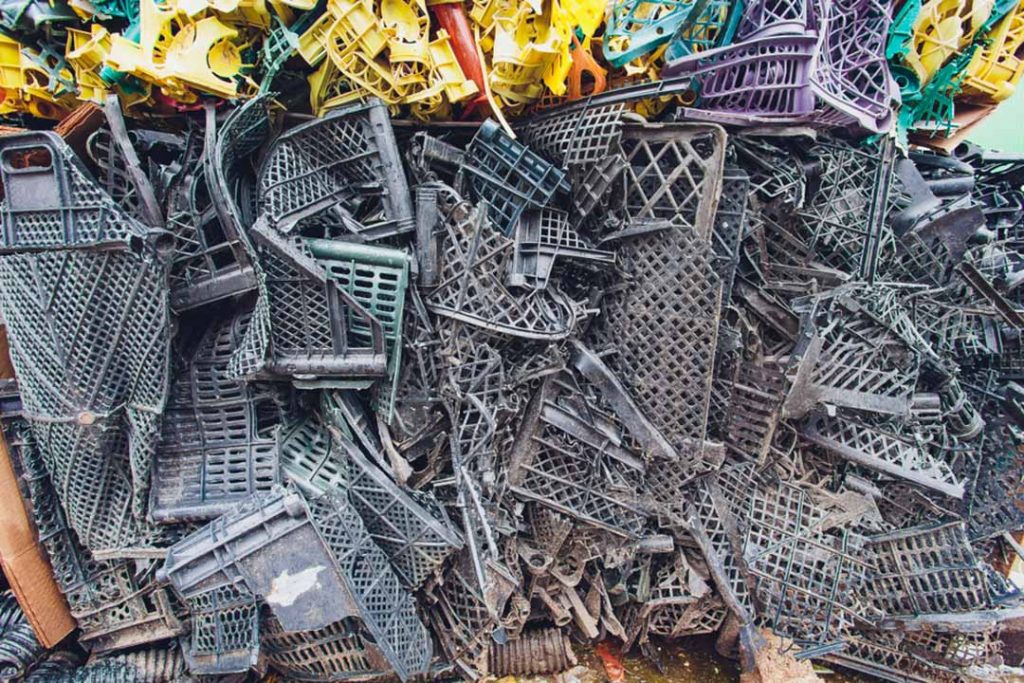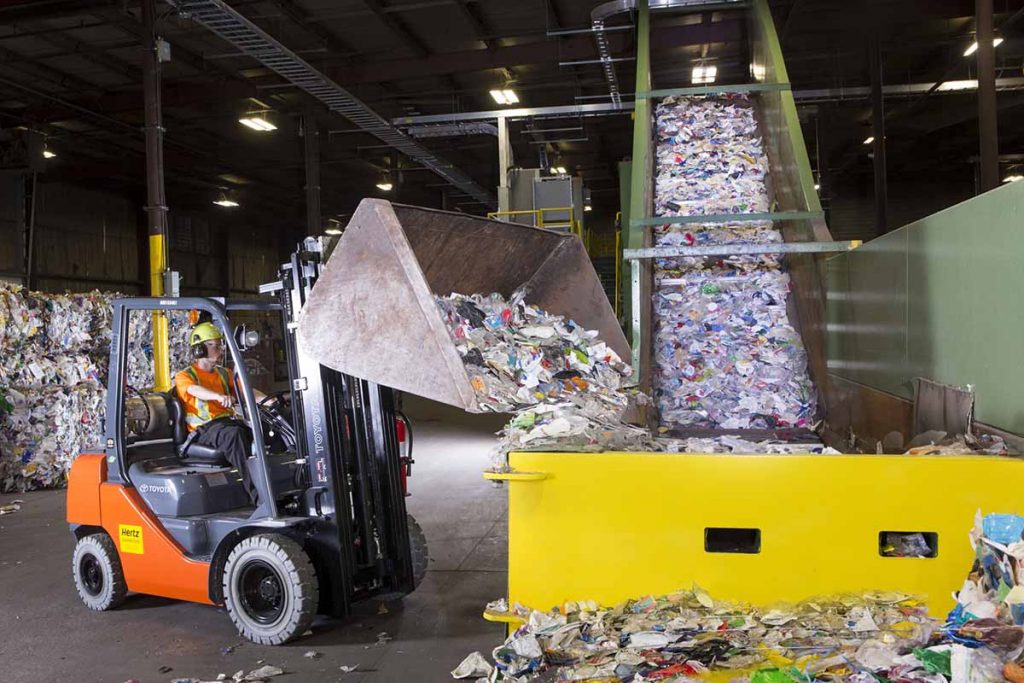
Merlin Plastics currently produces non-food-contact recycled HDPE, LDPE, LLDPE and PP, as well as RPET approved for use in food and drink packaging. | Courtesy of NOVA Chemicals.
NOVA Chemicals will provide financing to Merlin Plastics to help the reclaimer produce food-contact recycled HDPE. Then, NOVA will buy up to 30 million pounds of the PCR per year.


 Associate Editor Jared Paben has worked for Resource Recycling since December 2014. Most of his earlier career was spent as a reporter for the daily newspaper in Bellingham, Wash., but he also has experience working for the Oregon volunteerism commission and for Oregon nonprofits serving low-income populations. He can be contacted at
Associate Editor Jared Paben has worked for Resource Recycling since December 2014. Most of his earlier career was spent as a reporter for the daily newspaper in Bellingham, Wash., but he also has experience working for the Oregon volunteerism commission and for Oregon nonprofits serving low-income populations. He can be contacted at 